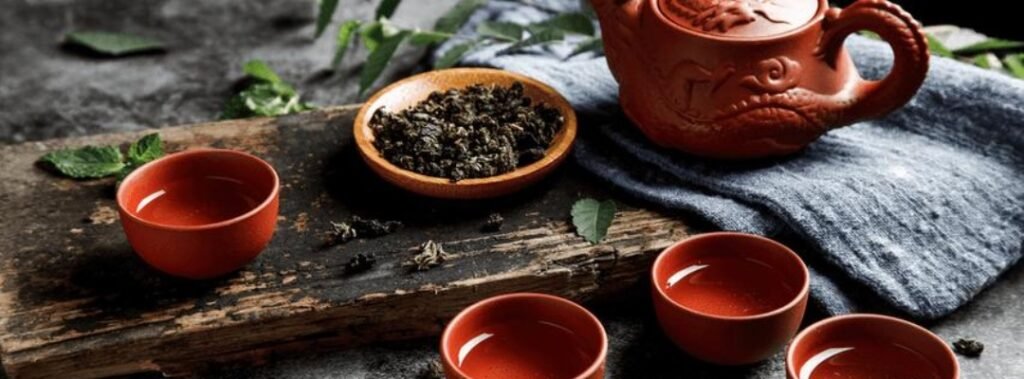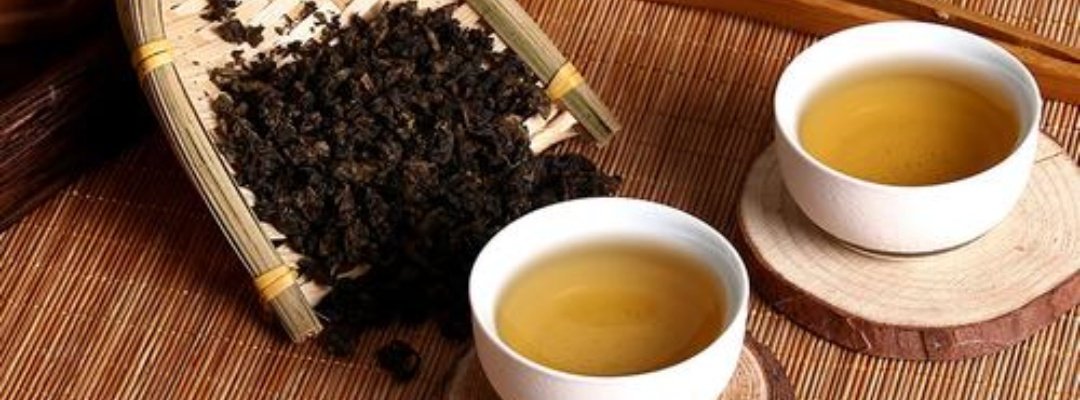In the realm of natural remedies for anxiety, tea has long been a revered choice. Among the myriad varieties, oolong tea, with its unique fermentation process and rich history, stands out not just for its distinctive flavor but also for its potential mental health benefits. This semi-fermented tea, which hails from China, has been the subject of both traditional anecdotes and scientific studies regarding its calming properties. Let’s delve into the world of oolong tea and uncover how it can be a tranquil ally against anxiety.
Oolong Tea: An Introduction
Oolong tea is a traditional Chinese tea that falls between green and black tea in terms of oxidation and processing. It is known for its diverse flavor profiles, which can range from sweet and floral to rich and smoky, depending on the degree of fermentation and the region where it’s grown. This diversity not only makes oolong tea a versatile beverage choice but also affects its chemical composition, including the presence of compounds beneficial for mental health.

The Science Behind Oolong Tea and Anxiety Relief
L-Theanine: A Natural Relaxant
One of the key components of oolong tea is L-theanine, an amino acid renowned for its ability to promote relaxation without sedation. L-theanine works by increasing the production of brain chemicals like gamma-aminobutyric acid (GABA), serotonin, and dopamine, which are involved in mood regulation. This can help reduce the feelings of anxiety and promote a state of calm. Additionally, L-theanine enhances alpha brain wave activity, which is associated with a relaxed but alert mental state.
Antioxidants and Polyphenols: Combatting Stress
Oolong tea is rich in antioxidants and polyphenols, such as catechins, theaflavins, and thearubigins, which play a significant role in its health benefits. These compounds can help mitigate oxidative stress and inflammation, both of which are linked to anxiety and other mental health issues. By combating oxidative stress, oolong tea may help alleviate the physiological impacts of anxiety on the body.

Caffeine: A Balanced Boost
While oolong tea does contain caffeine, its levels are generally lower than those found in coffee and even some other teas. Caffeine, in moderation, can improve focus and energy, which might be beneficial for individuals whose anxiety is accompanied by fatigue or difficulty concentrating. However, the key is moderation, as excessive caffeine can exacerbate anxiety symptoms. The relatively lower caffeine content in oolong tea, combined with the presence of L-theanine, offers a balanced energy boost without the jitteriness associated with high-caffeine beverages.
Incorporating Oolong Tea into Your Anxiety Relief Routine
To harness the anxiety-relieving benefits of oolong tea, consider incorporating it into your daily routine with the following tips:
Opt for High-Quality Leaves: Choose loose-leaf oolong tea from reputable sources to ensure you’re getting a product rich in beneficial compounds.
Mind Your Brewing Time: Experiment with brewing times to find the right balance between flavor and potency. A steeping time of 3-5 minutes is generally recommended, but this can vary based on personal preference and the specific type of oolong tea.
Pay Attention to Timing: Because of its caffeine content, it’s best to enjoy oolong tea in the morning or early afternoon to avoid any potential impact on sleep, which could counteract its anxiety-relieving benefits.
A Word of Caution
While oolong tea can be a beneficial addition to an anxiety relief regimen, it’s important to use it as part of a holistic approach to mental health, which may include therapy, medication, and other lifestyle adjustments. Additionally, individuals with caffeine sensitivity should monitor their intake to avoid exacerbating anxiety symptoms.

Oolong tea offers a soothing sip for those seeking natural remedies for anxiety. Its unique combination of L-theanine, antioxidants, and a moderate amount of caffeine can help promote relaxation and reduce stress. By incorporating oolong tea into a balanced lifestyle, individuals may find a gentle and enjoyable way to manage anxiety. Remember, the journey to mental wellness is personal and multifaceted, and what works for one person may not work for another. However, for many, the ritual of preparing and enjoying a cup of oolong tea could be a comforting addition to their anxiety relief toolkit.
